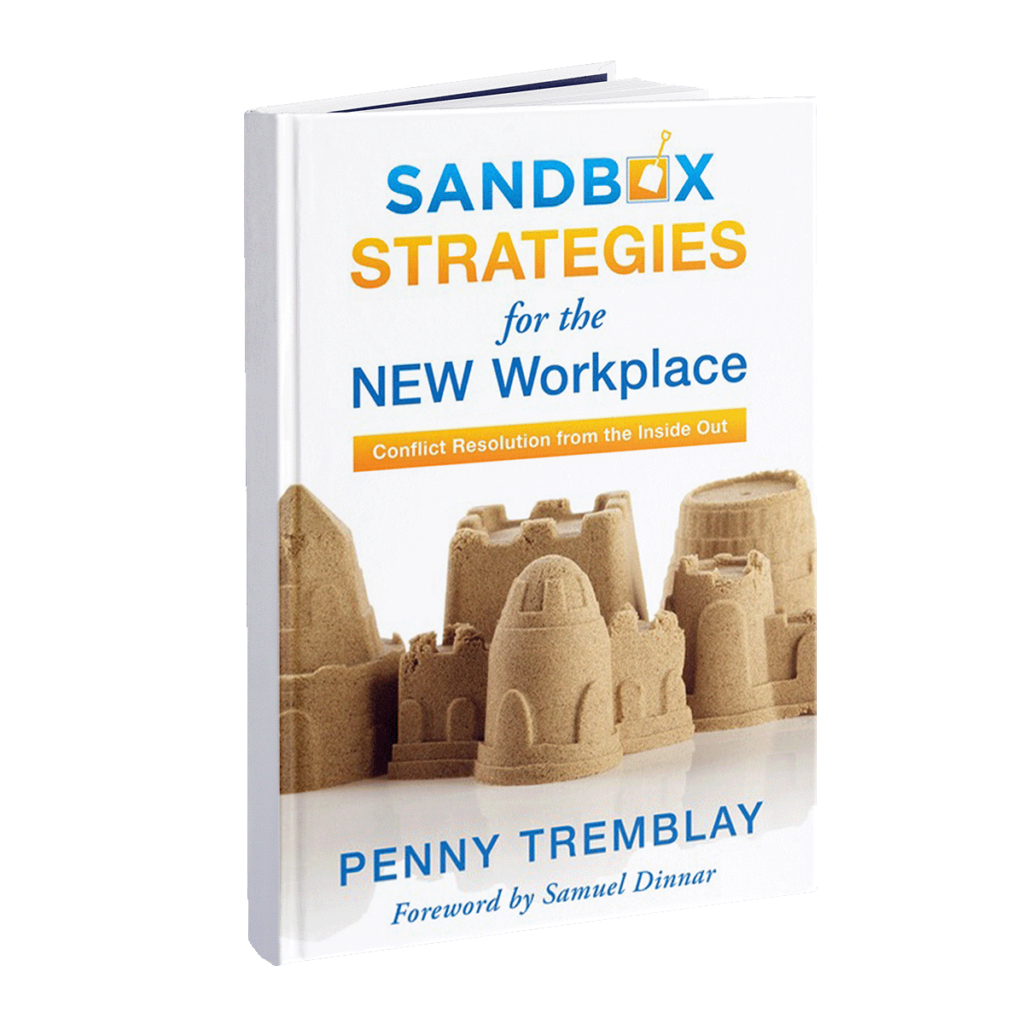In the dynamic world of professional growth, the concept of the “sandbox factor” plays a pivotal role in determining the trajectory of one’s career. Let’s explore two contrasting employees—Brent and Kurt—and their sandbox factors. You will see how their approach to collaboration, teamwork, and leadership significantly impacted their professional journeys.
Brent, a recent graduate in finance and a certified professional accountant, quickly rose through the managerial ranks. Despite minimal management experience, his “sandbox factor” set him apart. His likability, open-mindedness, and commitment to empowering others propelled him forward. Brent’s philosophy that “everyone has something to teach you, something to tell you, or something to add,” heightened his sandbox factor. This approach not only enhanced team productivity but also led to rapid career advancement, demonstrating the power of having a high sandbox factor.
In contrast, Kurt, an exceptional card dealer in a casino, excelled in technical skills but faltered in collaboration. Despite his proficiency, he repeatedly missed out on supervisory opportunities. The decision-makers perceived Kurt as self-centered and unwilling to help his teammates grow. His focus on personal success rather than building a strong team hindered his career progression. Kurt’s case highlights the importance of how having a low sandbox factor can play a role in determining one’s professional fate, in Kurt’s case—a stunted career.
How will your sandbox factor affect your career advancement?
The stories of Brent and Kurt emphasize how the way we make others feel is worth considering. The ability to empower and uplift colleagues is a valuable skill often overlooked. I believe that if we take responsibility for our own lives, no one can make us feel anything without our permission; however, people can influence us to want to follow them or not, and that’s what leaders need to be cognizant of today. Leaders must be mindful of how they influence those around them, as people can choose to stay, or leave based on their experiences.
Poor sandbox performance can have lasting effects. It’s essential to focus not only on results management but also on relationship management. Instead of jumping to formal complaints, use your tools. Cultivate what you want to grow, invite people to talk about it, ask for help when you need it, apologize when you know you haven’t done the right thing, and be patient with yourself. “Per-fekt” your sandbox play…Perfect is a verb, because you will never be perfect (adjective), and neither will anyone else.
In the pursuit of a successful career, having a high sandbox factor is key. By focusing on both relationships and results, professionals can navigate the challenges and foster a positive and growth-oriented environment. Learn more about bringing peaceful, productive, and profitable relationships at work and beyond in my new book, Sandbox Strategies for the New Workplace: Conflict Resolution from the Inside Out. Get your copy today!
With peace,
Penny

Learn the strategies that will help your team resolve conflict in the NEW workplace.
- Embrace, accept, and welcome conflicting values
- Understand the importance of collaborative relationships for career advancement
- Take responsibility to co-create a winning culture with productive and profitable results
- Empathize with coworkers and even competitors to be the leader others WANT to follow
Press Appearances:
- CEOWorld Magazine
- Blue Heron Journal
- Mareo McCracken
- EverydayMBA, Host: Kevin Craine
- Savvy Business
- Swimming in the Flood
- Get Down to Business
- HR.com Leadership Excellence
- Indian Management Magazine
- Crafting Solutions to Conflict
- Vantage Fit Podcast
- Stay tuned, more coming soon…



